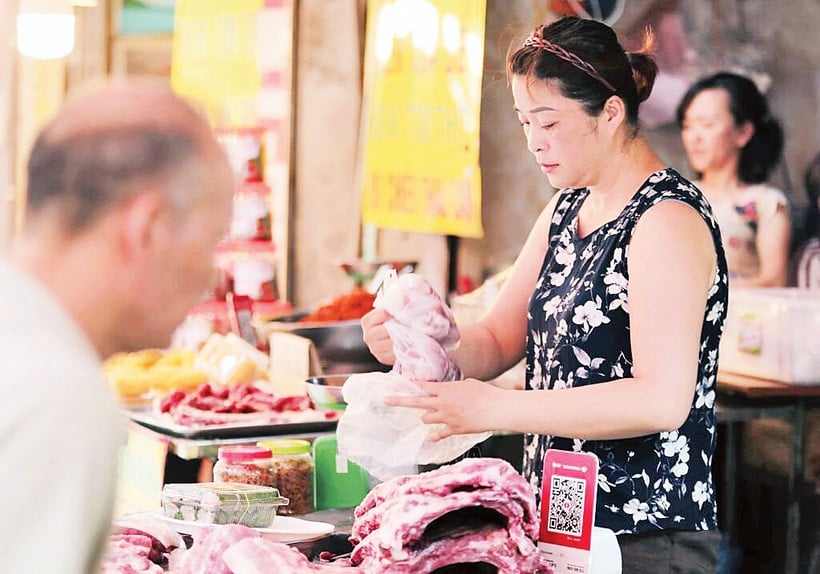
The resolution sets out a roadmap: From January 1, 2026, hotels and tourist areas will not circulate or use single-use plastic products; From January 1, 2027, markets and convenience stores will not provide free biodegradable nylon bags; From January 1, 2028, single-use plastic products and biodegradable plastic packaging will not be circulated or used, except for products and goods with biodegradable plastic packaging...
Challenges from consumer behavior
Since 2021, the Ministry of Agriculture and Environment has coordinated with international organizations to build the "Supermarket Alliance to Reduce Plastic Bag Consumption". Many retail systems, including Saigon Co.op, Aeon, LOTTE, MM Mega Market, Big C... are committed to changing people's consumption habits through activities to reduce single-use plastic bags, distribute biodegradable bags and communicate. Many large supermarket systems have also refused to use plastic bags when shopping, instead using alternative products, such as vegetables wrapped in banana leaves; coffee packaged in paper packaging... contributing to environmental protection.
However, the biggest challenge today is how to change consumer behavior. According to records, in stores, supermarkets and traditional markets in Hanoi , sellers and consumers still mainly use nylon bags and plastic boxes to buy and sell goods.
Need to change perception to action
Faced with this situation, to strengthen management and reduce plastic emissions in the area, and at the same time concretize the content at Point D, Clause 2, Article 28 of the Capital Law, Hanoi City emphasized that the issuance of a number of measures to reduce plastic emissions specifically for Hanoi is extremely necessary, ensuring compliance with regulations.
Considering the feasibility, many experts believe that to effectively solve this problem, we must consider the synchronous social and economic issues. Specifically, we need to change public awareness through propaganda about the long-term harmful effects of plastic waste on the land, ocean and health of future generations. At the same time, we need to develop and provide alternative packaging products that are environmentally friendly, applicable and reasonably priced.
“We can implement many solutions at the same time such as communication, changing people's awareness, reducing the cost of eco-friendly bags, and imposing high taxes on the production of non-biodegradable plastic bags. Most importantly, the cost of eco-friendly bags should be raised so that retailers do not increase prices when bearing the additional cost of packaging,” Mr. Dang Bui Khue, Director of Sustainable Development of TUV NORD Vietnam, suggested.
Sharing the same view, Associate Professor Dr. Le Van Hung, Senior Lecturer at the University of Natural Resources and Environment, suggested that it is necessary to synchronously deploy three pillars to limit plastic waste: Completing the legal corridor, applying scientific and technological solutions, and promoting propaganda and raising awareness. It is necessary to apply technology to reduce the cost of environmentally friendly products, while encouraging people to switch to using biodegradable products. Another core issue is the need to develop a comprehensive solution in applying technology to the collection, recycling, and reuse of waste, towards a sustainable circular economic model.
At the same time, relevant management agencies need to accelerate the process, cooperate with partners from developed countries to transfer technology; participate in circular economy forums to soon create standard and safe recycled plastic products.
According to the World Wildlife Fund in Vietnam (WWF - Vietnam), plastic waste pollutes land, water, air and sea, thereby creating conditions for microplastics to enter the human body through water sources, air or seafood, causing cell damage, inflammation, digestive disorders, allergies, and impaired liver and kidney function.
Source: https://nhandan.vn/quyet-liet-noi-khong-voi-tui-nylon-post895751.html





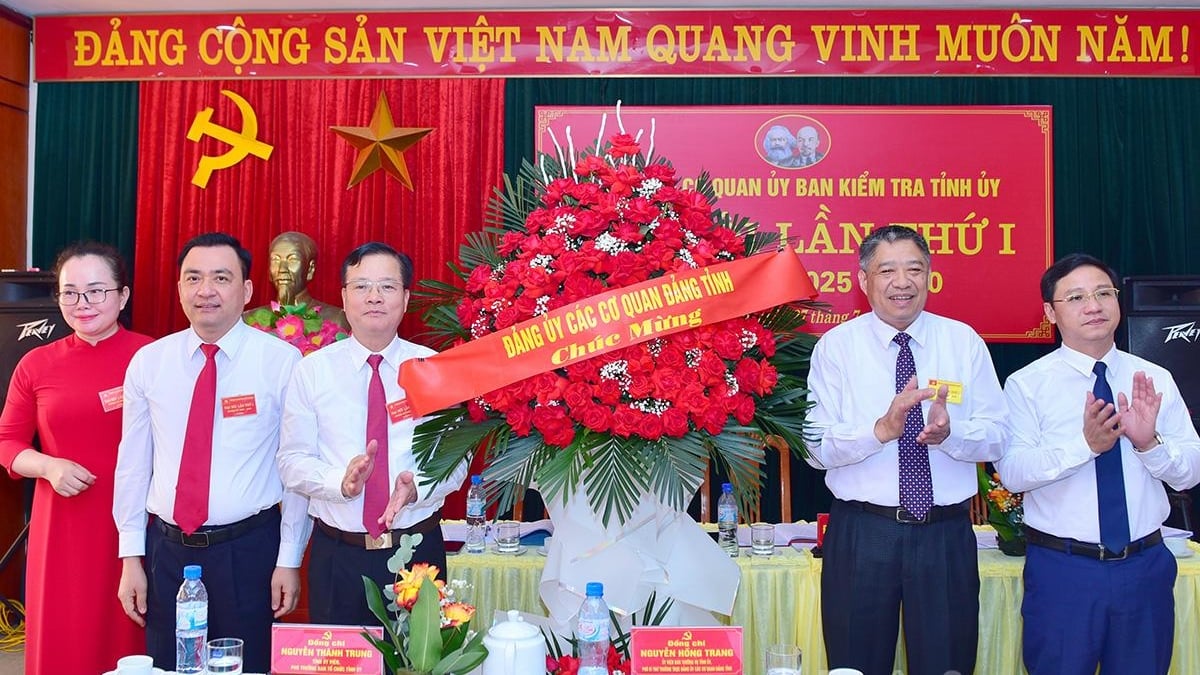

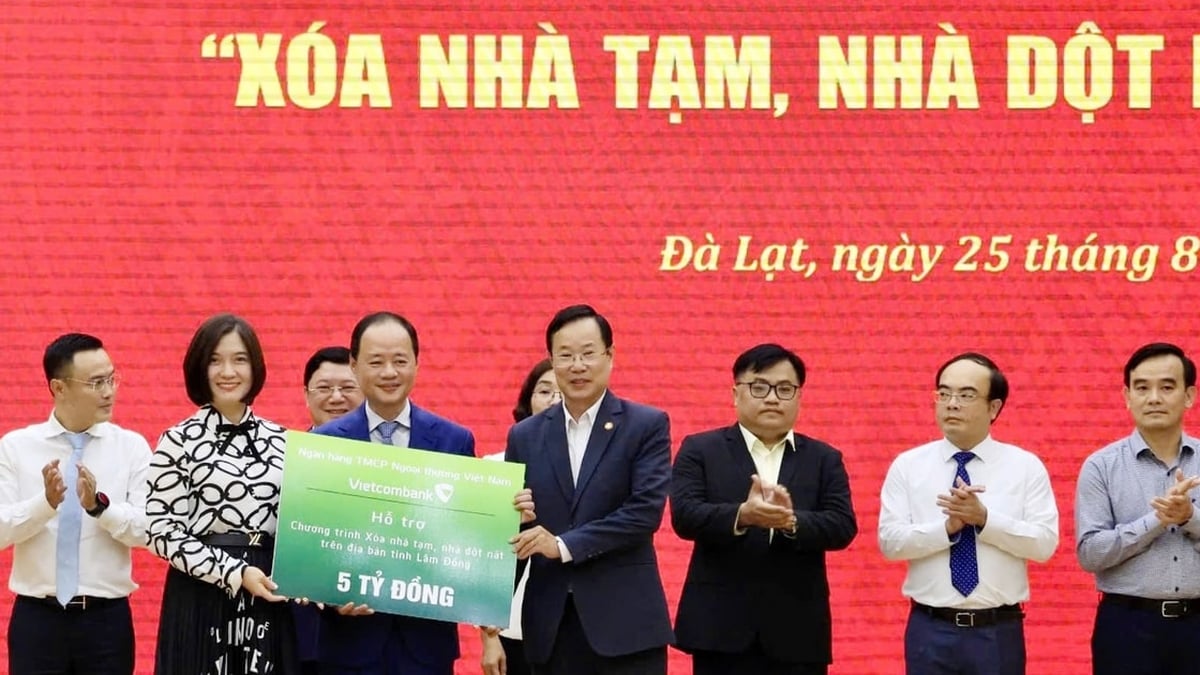
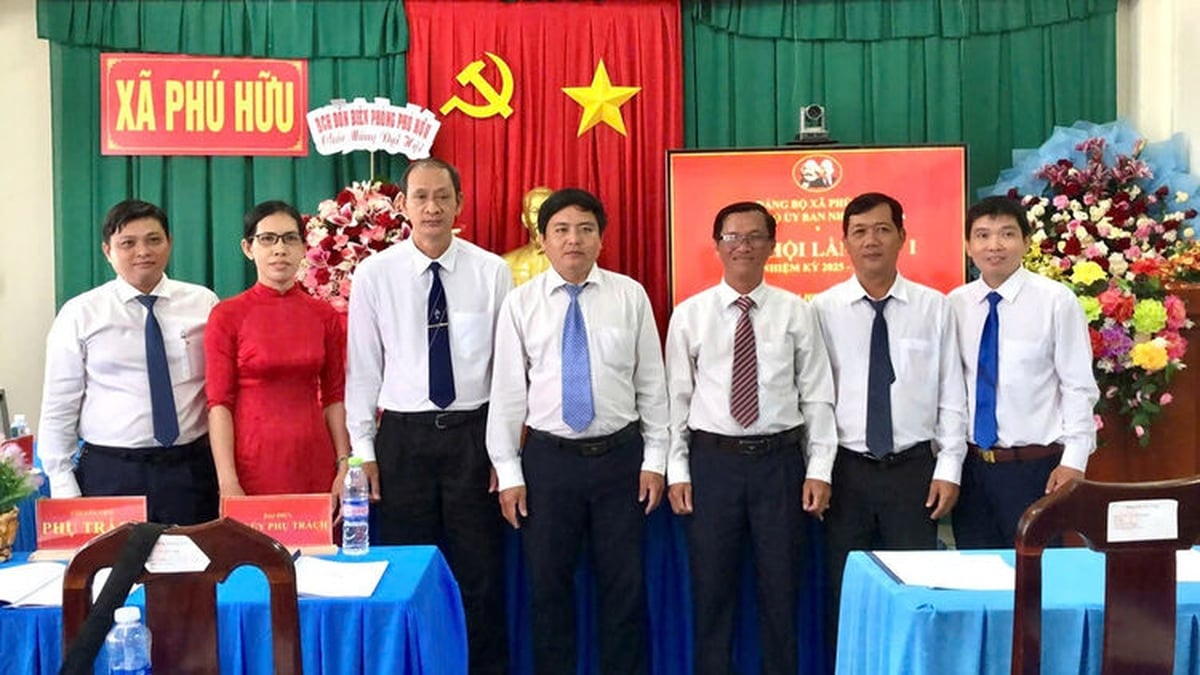


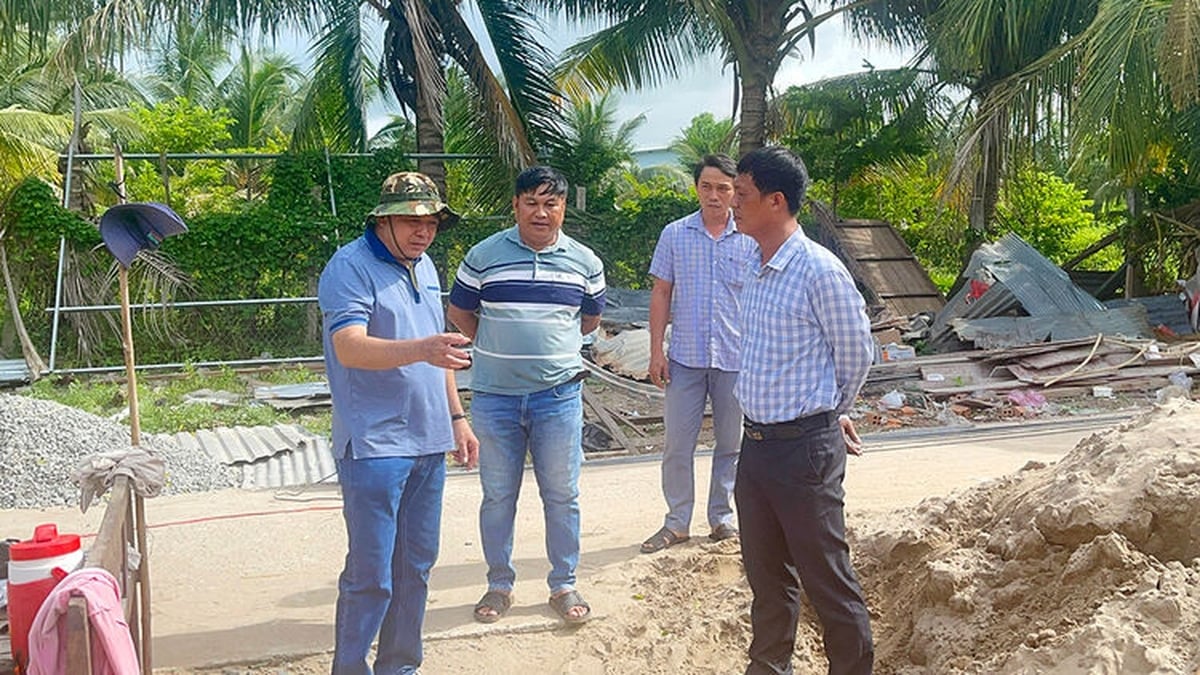






















































































Comment (0)